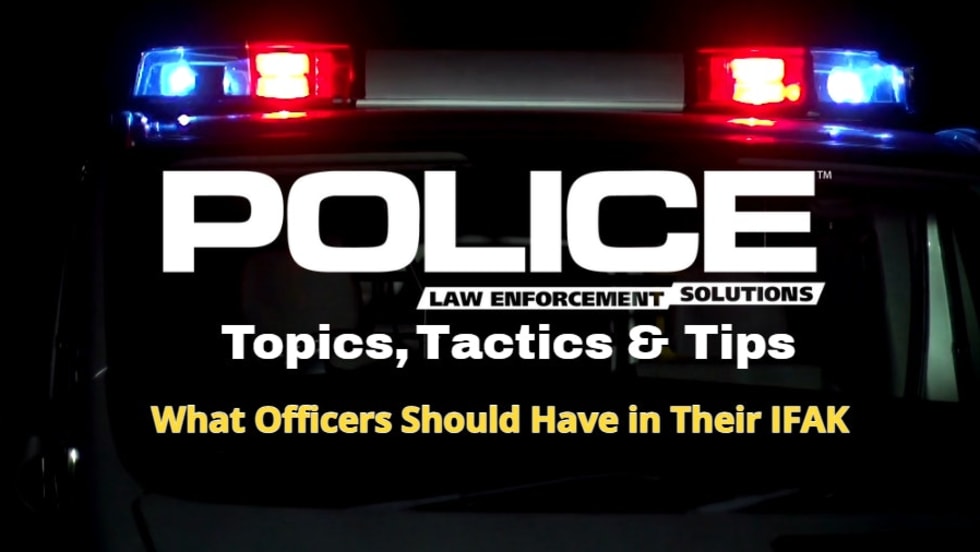Being a great officer does not guarantee success as a sergeant. We promote officers, give them very little training, and expect wonders. Officers go from asking questions one day to being expected to answer them the next.
I thought my own transition from officer to sergeant would be a cake walk. I could never have been more wrong. When I was promoted back in 1996, I did everything I was trained to do in the military. I met with the squad's former sergeant and we discussed the good, the bad, and the ugly. I went over the squad's personnel files to familiarize myself with their training, discipline, and awards. When I next met with my new command, I gave them a written list of my expectations and standards. Finally, I evaluated them for two weeks before I started making any changes. By then, I was in full sergeant mode. I thought I was doing a great job until two weeks later when I was summoned to the patrol captain's office for some not so friendly advice on how to keep my stripes.
The captain told me to shut up on the radio and let my deputies ask their own questions. He told me I was trying too hard and doing too much. He reminded me I was being paid to be a sergeant and not a mother hen. Needless to say, I was speechless. As I sat there getting verbally lambasted, I thought about the last four weeks. By the end of our one-sided meeting, I really couldn't say much because he was right; in my zeal to do a good job, I was stifling my squad.
Over-supervising is the most common mistake made by newly promoted supervisors. For most of us, this mistake comes from being too conscientious, being too goal oriented, and having too much zeal for mission accomplishment. For the rest it's about control, limiting liability, and having a fear of failure. Whatever the reason, over-supervising always ends up the same.
In order to not over-supervise, one of the first lessons you have to learn is that you are in a new role and that you're no longer working at the officer level. You don't get to keep doing what you have always done. Don't misunderstand my meaning; you're still a cop, but you have to acknowledge that officers do officer things and sergeants do sergeant things. You get paid to make sure others are doing their job and that the objectives of the agency are being met.
The next lesson is that delegation is a huge part of your new vocabulary and a primary tool. You'll still get your hands dirty and get to share in certain parts of the workload, but you have to back off. And this is harder than you think when you are a hands-on type of person.
The last lesson is that you have to learn to let your officers be officers. Yes, you are to help, mentor, and train them, but you also have to let them make their own mistakes or they will never learn anything. You need to let them work things out for themselves and ask for help when they need it. Teach them to formulate their questions in a way that lets you know they are doing their job and not looking to you to do it for them. A "Here is what I have, here is what I'd like to do about it; what do you think?" format works very well.
If you always hover over your officers and tell them how to handle their calls, you accomplish nothing but building resentment toward you and guaranteeing that you will do double your work. Over-supervising quashes initiative, creates morale problems (no one likes to be micro-managed), and creates respect issues.
Eventually I found my groove and enjoyed my 10-year run as sergeant before being promoted to lieutenant. In the lieutenant role, I make myself available as a mentor. When I work with new sergeants, I share the same story in hopes that they don't get called into the captain's office like I did.
Amaury Murgado is a special operations lieutenant with the Osceola County (Fla.) Sheriff's Office. He is a retired master sergeant from the Army Reserve, has over 27 years of law enforcement experience, and has been a lifelong student of martial arts.












